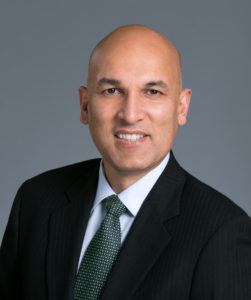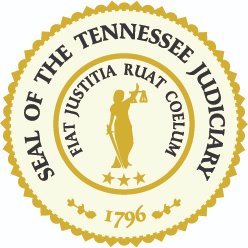What is an I-212 Waiver: Complete Guide
In the intricate landscape of U.S. immigration law, individuals who have been previously removed, deported, or have departed the United States after being ordered removed may find themselves barred from re-entering the country for a specified period. This legal obstacle, known as a re-entry bar, can significantly complicate one's aspirations to return to the U.S., either temporarily or permanently. The I-212 Waiver, formally referred to as the Application for Permission to Reapply for Admission into the United States After Deportation or Removal, emerges as a beacon of hope for such individuals. This comprehensive guide aims to elucidate the purpose, eligibility criteria, and application process of the I-212 Waiver, providing a pathway to overcome the barriers to re-admission.
I-212 Waiver Eligibility
To be eligible for an I-212 Waiver, applicants must typically:
- Have been deported, removed, or have departed the U.S. after being ordered removed: The waiver is specifically designed for individuals who have faced formal removal from the United States.
- Wish to reapply for admission to the United States: This could be for a temporary visit (such as on a nonimmigrant visa) or for permanent residence.
The necessity for an I-212 waiver arises from the need to lawfully re-enter the U.S. without waiting outside the country for the duration of the imposed re-entry bar, which can range from five to twenty years, or permanently, depending on the severity of the case.
Procedure & Requirements for I-212 Waiver Application
The process of applying for an I-212 Waiver involves multiple steps that require careful attention to detail to ensure a successful application.
- Assessment: It's crucial to consult with an immigration attorney to confirm eligibility and to understand the nuances of your specific situation.
- Filing Form I-212: Submit Form I-212, Application for Permission to Reapply for Admission into the United States After Deportation or Removal, along with the necessary filing fee. This form must be accompanied by documentation supporting your request for re-admission.
- Providing Supporting Documentation: Evidence demonstrating your ties to the community, rehabilitation (if applicable), and the hardship your absence may cause to U.S. citizen or lawful permanent resident family members, among other factors, will strengthen your application.
- Await Adjudication: The U.S. Citizenship and Immigration Services (USCIS) or other applicable agency will review your application. This process may involve requests for additional information, documentation, or an interview.
- Decision: If your application is approved, you will be granted permission to reapply for admission to the United States. If denied, you may seek legal advice on appealing the decision or other available options based on your circumstances.
Related Issues
Navigating the I-212 waiver application process comes with its own set of challenges, including:
- Demonstrating Adequate Grounds for Re-admission: Applicants must convincingly argue their case for why they should be allowed to re-enter the U.S., considering their past immigration violations.
- Understanding the Legal Implications: The I-212 waiver process involves complex legal considerations that can significantly impact one's immigration status and prospects for re-entry.
- Emotional and Financial Considerations: The uncertainty and complexity of the process can be stressful and costly for applicants and their families.
Applying for an I-212 waiver is a critical step for individuals seeking to overcome the barriers to re-entry into the United States after deportation or removal. Given the complexities and potential life-changing implications of the application, it's advisable to engage with an experienced immigration attorney who can provide personalized guidance, assist with the preparation of a compelling application, and navigate the legal challenges that may arise throughout the process.
Meet Attorney Asheesh Sharma – Your Trusted Advisor
Attorney Asheesh Sharma, with 22+ years of professional experience in U.S. immigration law, is a familiar figure both in Australia and the U.S. His frequent visits to Australia and family ties across the country enhance his understanding of the unique needs of Australian clients. His personal experience with the U.S. Consulates in Australia, first as an applicant and then representing clients, brings invaluable insights and empathy to your case.



